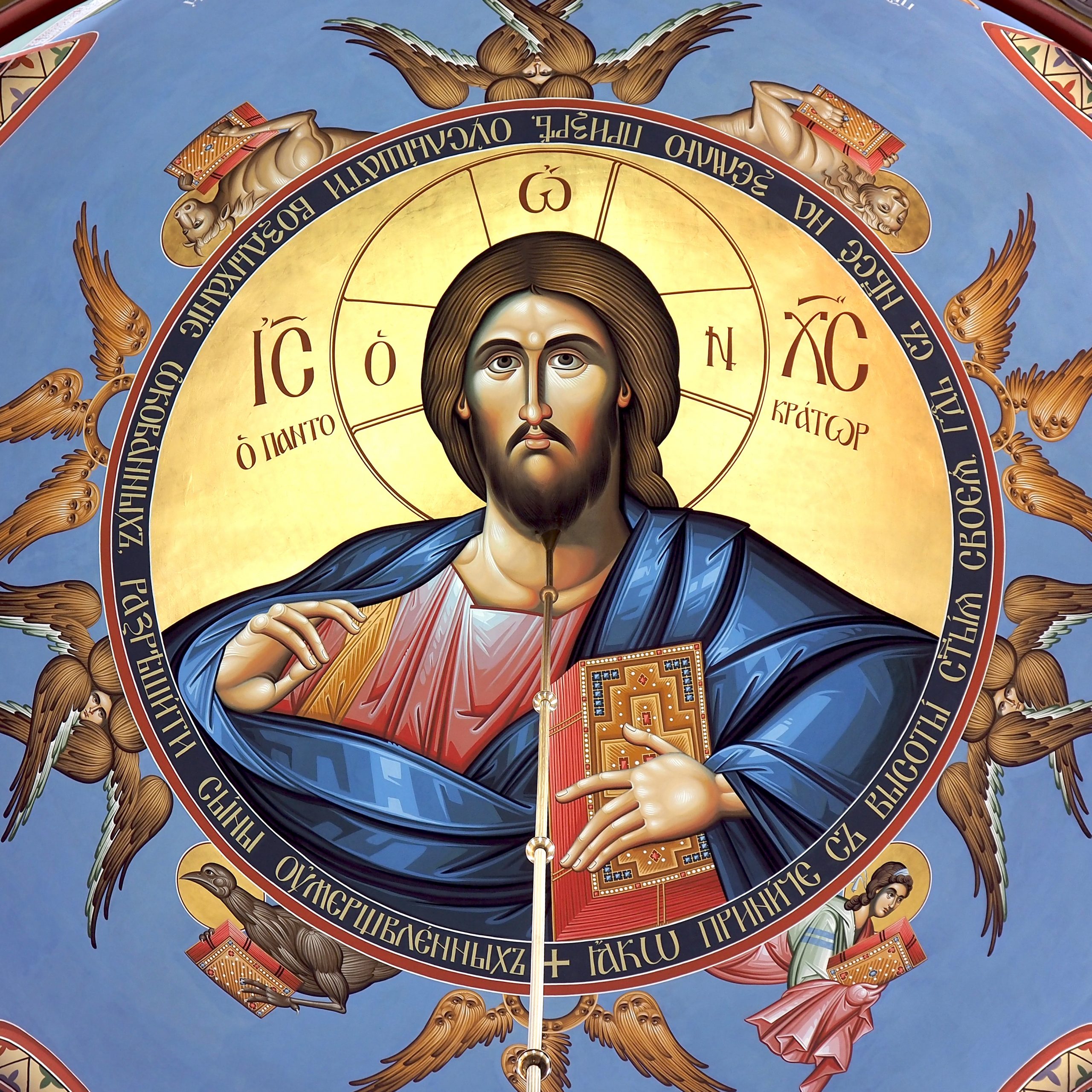Let us consider how to stir up one another to love and good works, not neglecting to meet together, as is the habit of some, but encouraging one another, and all the more as you see the Day drawing near.
Hebrews 10: 24-25
The concept of “small groups” was introduced to us by Christ Himself. Christ’s “church” was the whole world. His “congregation” was everyone He met. He preached to thousands of people on occasions like the sermon on the Mount. Crowds gathered around Him constantly and followed Him from place to place. It’s safe to say that Christ knew lots of people.
We know, however, that when Jesus was not among the masses, that He had a small group, twelve disciples, (and in addition some women) with whom He had consistent fellowship. He ministered to them, and they ministered to Him. He prayed with them, ate with them, laughed with them, cried with them. Christ took strength from personal and private prayer. He also got strength from His small group.
In a church community, there are many who gather for worship each Sunday. Many do not know each other by name. In fact, it is probably not realistic to know every person in the congregation by name—you’d have to spend significant time with each of them. Even more difficult would be to know each person by circumstance—who is struggling, who is sick, who just moved, who is scared. While I know most people in the church I serve by name, I do not know all by circumstance.
So, how can we help one another if we don’t know one another? How can we minister to one another if we don’t know one another’s circumstance? The answer is “small groups.”
In a typical parish, there are many “small groups”, or subsets of the whole congregation. The choir, the Sunday school teachers, the Sunday school parents, the youth group, the Bible study, the philanthropy group (Philoptochos), the sports teams, the Parish Council (and more), these are all examples of subsets within a church congregation.
Each ministry group has two purposes, one that is known and one that is often overlooked. The known purpose is that each ministry serves a need in the parish—the choir sings, the Parish Council administers, the Sunday school teaches, and so on. So, each group has a purpose and each member works to support that purpose.
The overlooked aspect of these groups is the ministering to members within the ministry. Each of us has not only strengths. Each of us has struggles. Where can we take those struggles? In front of 300 people at a worship service we may not even know. At a recent meeting of our Sunday school teachers, I made a comment that I wouldn’t have made in front of the entire congregation, but in this small group, in a retreat setting, I felt comfortable making a certain comment and being vulnerable.
Being part of a ministry as a subset of the larger church congregations is so vital, because it allows us to be more real and vulnerable. It allows us to encourage one another more specifically. And it allows us to be more encouraged on a more personal level.
“Small groups” in Protestant churches are actually a ministry of the church. This concept of “small groups” as well as traditional “ministries” of the church will be discussed over the next two reflections.
Lord, thank You for my church community. Thank You that I have a place to go and worship. Help me to branch out in different ways in my community, to meet new people, to become more involved in the ministries of the church. Help me to find a niche where I can glorify You by serving others. Help me to find people who will lift me up and encourage me. Help me to always lift up and encourage others. Amen.
If you are in a ministry already, pray for the members of your ministry today. If you are not already in a ministry, consider joining one.




